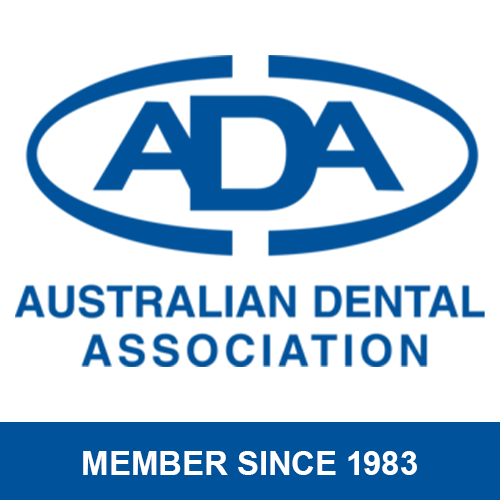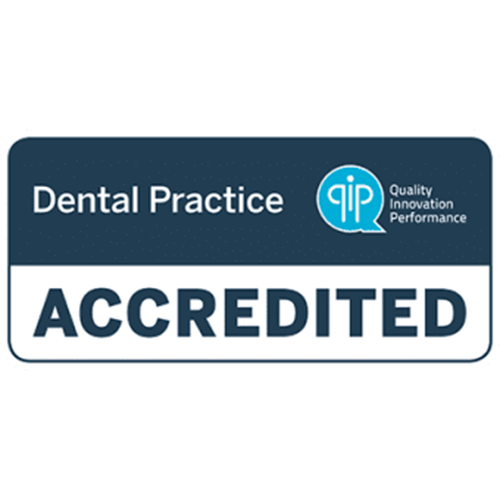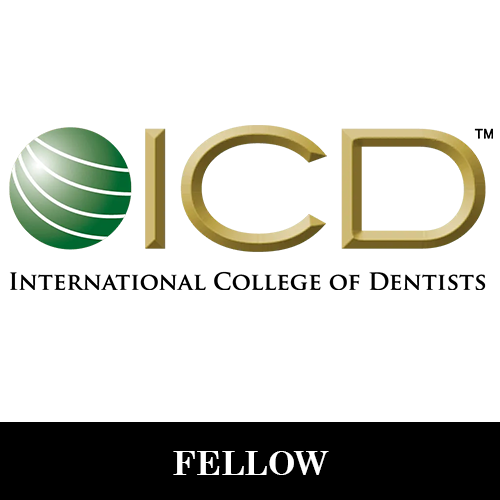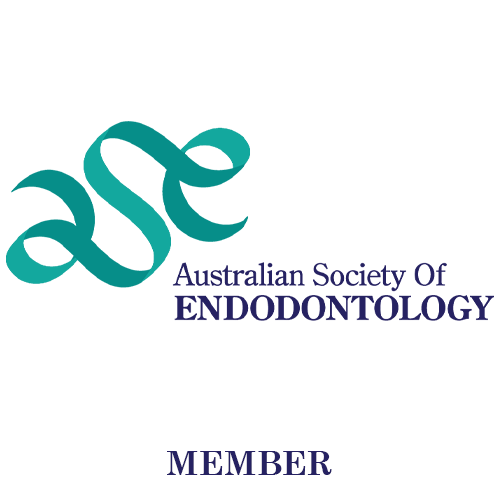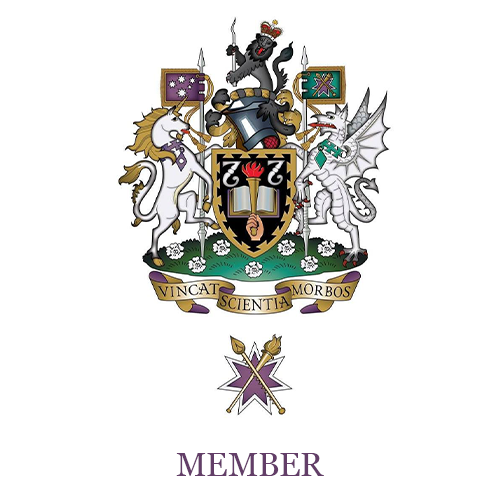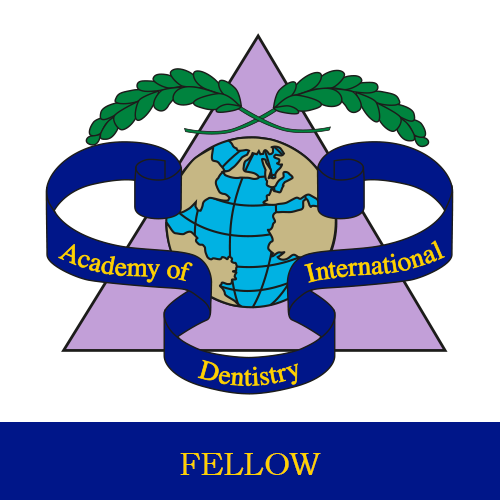Treat TMJ in Moss Vale
- We provide solutions for clicking, locking or sore jaws
- We'll assess your bite alignment & jaw function for personalised care
- Non-invasive options are available to reduce strain on the jaw joint
- We address TMJ-related muscle tension & discomfort
Book an TMJ Treatment Consultation
Help Relieve Jaw Pain
The temporomandibular joint (TMJ) connects the lower jaw to the skull and is responsible for jaw movement, including talking, chewing and yawning. TMJ disorder refers to conditions that cause pain or dysfunction in the jaw joint and its surrounding muscles. At Dr Patrick J. Meaney & Associates, we can assist you to identify and treat TMJ disorder.
Identifying the cause can sometimes be challenging, as symptoms may arise from a combination of factors. Common causes generally fall into three categories:
- Myofascial Pain – Discomfort in the muscles that control jaw movement, often aggravated by chewing or clenching.
- Internal Joint Issues – A displaced disc, jaw injury or joint misalignment affecting movement and function.
- Arthritis in the Jaw – Inflammation or degeneration of the joint, which may worsen symptoms when combined with muscle or structural issues.
If you're concerned about jaw pain, call
(02) 4869 3111 to schedule an appointment with Dr Ahmed Elkhatib. We serve
Moss Vale,
Bowral,
Mittagong and the
Southern Highlands.
Symptoms & Treatment
Symptoms of TMJ disorder can vary based on severity and location of discomfort. Some common symptoms include:
- Pain or discomfort when chewing
- Aching sensation in the jaw joint
- Facial, jaw or neck pain
- Frequent headaches or migraines
- Limited jaw movement or jaw locking
- Clicking, popping or grating sounds in the jaw
- Changes in the way teeth fit together
If TMJ disorder is suspected, a consultation with Dr Elkhatib can help assess symptoms and determine possible treatment options. Many cases can be managed with conservative treatments, including:
- Eating softer foods to reduce strain on the jaw
- Avoiding excessive jaw movements, such as wide yawning
- Practicing jaw relaxation exercises to ease muscle tension
- Applying cold compresses to help with inflammation
For individuals whose symptoms do not improve with these measures, additional treatment options may be considered. Reach out to enquire with Dr Patrick J Meaney & Associates.
Frequently Asked Questions
Can TMJ disorder cause headaches?
Yes, TMJ disorder can cause tension headaches and migraines due to muscle strain in the jaw, face and neck. Jaw clenching and misalignment can contribute to persistent headaches.
Does TMJ disorder affect sleep?
Yes, TMJ pain can disrupt sleep, especially if linked to teeth grinding (bruxism) or jaw clenching. Nightguards or relaxation techniques may help minimise discomfort during sleep.
Can TMJ disorder go away on its own?
Mild cases of TMJ disorder may improve with rest, stress reduction and avoiding excessive jaw movement. However, persistent or worsening symptoms may require professional evaluation and treatment.
When should I see a dentist for TMJ pain?
If jaw pain, clicking or headaches persist for several weeks, interfere with eating or worsen over time, a dentist should evaluate the condition to recommend appropriate treatment.
Locations We Service
Site Links
Our Services
Locations We Service
Contacts
ABN: 40 525 320 779
Trading Hours
- Monday
- -
- Tuesday
- -
- Wednesday
- -
- Thursday
- -
- Friday
- -
- Saturday
- Closed
- Sunday
- Closed



